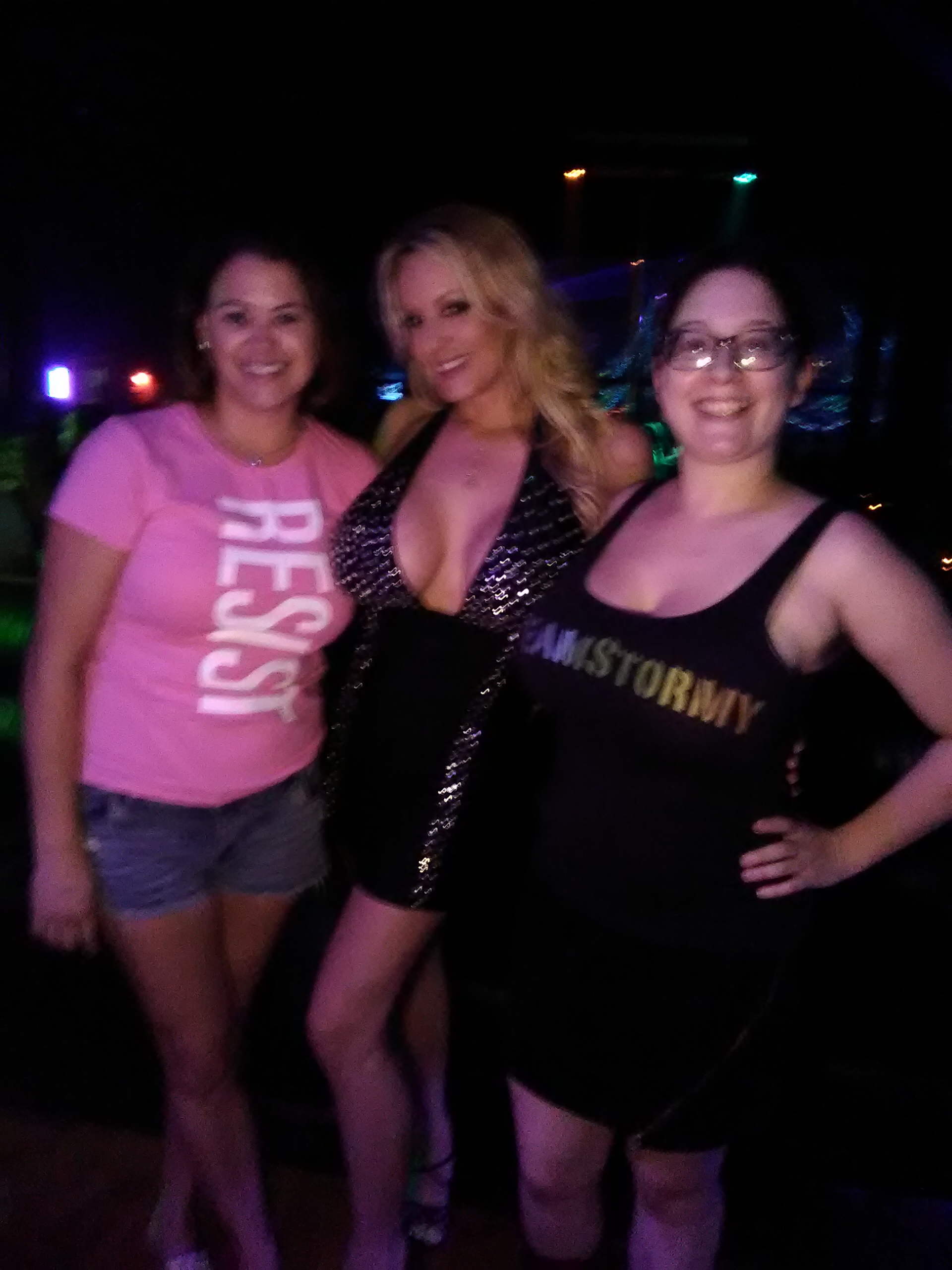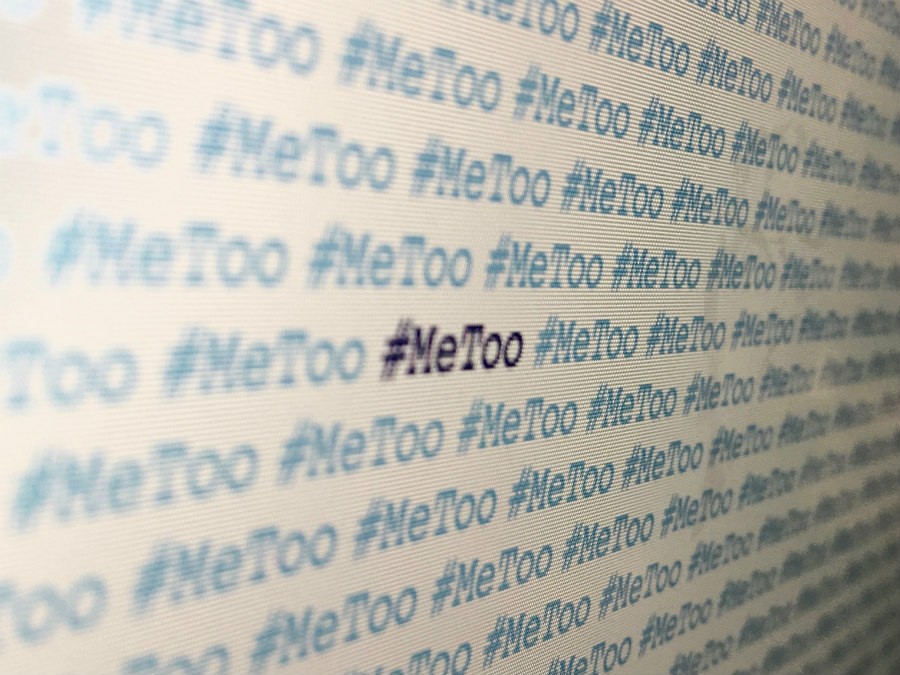How August Ames’ Suicide Is Changing the Porn Industry by Tina Horn After the tragic death of August Ames left workers reeling, a sprawling industry realized it needed to do better. Don’t Ask Sex Workers to Solve the Problems of Violently Angry Men by Gaby del Valle Sex workers are not ethically obligated to fuck… Continue reading 2018’s Best Writing and Reporting on Sex Work
Category: Uncategorized
2018’s Best Writing by Sex Workers
The Stormy Daniels Effect: When Prostitutes Unite, Powerful Men Tremble by Juniper Fitzgerald Is our power born from our stigma? How White Women Fuck Up Reparations by Jay St. James “Reparations don’t come due when you’ve reached your self-set level of financial comfort, they’re paid from the start of your financial independence in appreciation of… Continue reading 2018’s Best Writing by Sex Workers
The Maine Millennial: The Charming Columnist that Casually Understands that Sex Work is Labor
Stormy Daniels’ Make America Horny Again is the tour that won’t stop—as she chugs from city to city, local coverage follows. Dozens of cities later, the coverage of her tour is getting a bit formulaic. Here’s the formula local writers tend to use when covering a Stormy appearance: cursory explanation of Stormy’s newsworthiness + ironic… Continue reading The Maine Millennial: The Charming Columnist that Casually Understands that Sex Work is Labor
Michael Kimmel, #MeTooSociology, and Feminist Betrayal of Sex Workers In Academia
I’ve made an entire alter ego out of the things people hate most about women: bodily autonomy and self-determination in the form of sex work and body modifications, among other things. The recent allegations against prominent sociologist Michael Kimmel, a man known for his scholarship on masculinity and masculine entitlement, unveil the things people love… Continue reading Michael Kimmel, #MeTooSociology, and Feminist Betrayal of Sex Workers In Academia
Fundraisers For Sex Workers Struggling Post-SESTA
Editor’s note: Inclusion on this list does not indicate that Tits and Sass is endorsing a particular fund. Newwhoreizons is “a wealth redistribution club by [sex workers] for [sex workers].” $newwhoreizons on cash.me to donate, newwhoreizons on a private Instagram account for information—DM to request to join the club or ask for help. Lysistrata is… Continue reading Fundraisers For Sex Workers Struggling Post-SESTA




